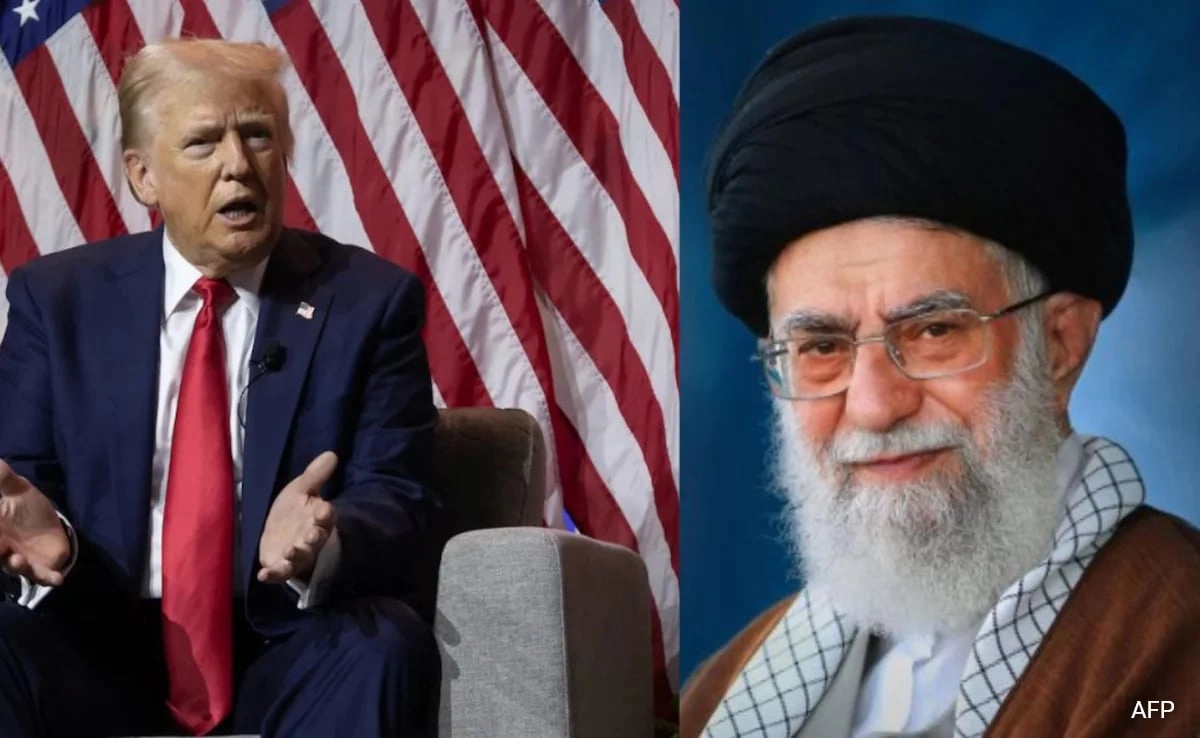The prospect of former President Donald Trump reinstating a 100% tariff on pharmaceutical products imported from India has raised concerns about the potential impact on Indian drugmakers. However, an in-depth analysis suggests that the consequences may not be as severe as anticipated. Indian pharmaceutical companies have built a robust infrastructure and established a significant presence in global markets, which could mitigate the effects of such tariffs. Many of these companies have diversified their portfolios and developed strategies to adapt to changing market conditions, allowing them to remain resilient in the face of potential trade barriers.
One of the key factors that may shield Indian drugmakers from the brunt of Trump’s proposed tariffs is their strong domestic market. India has a rapidly growing healthcare sector, and many pharmaceutical firms are focusing on catering to local demand. This shift towards domestic consumption could offset potential losses from international markets, allowing these companies to maintain stable revenues. Additionally, many Indian pharmaceutical manufacturers have already invested in improving their supply chains and production processes, positioning themselves to remain competitive even if tariffs are imposed.
Moreover, Indian drugmakers often produce generic medications that are crucial for global healthcare, particularly in developing countries. These companies play a vital role in supplying affordable medications worldwide, which may prompt governments and organizations to seek alternative arrangements to ensure the continued availability of essential drugs. This reliance on Indian pharmaceuticals could lead to diplomatic negotiations and exemptions from tariffs, further cushioning the blow to the industry.
In summary, while the reinstatement of a 100% tariff on pharmaceuticals could pose challenges, the overall impact on Indian drugmakers may be limited. Their focus on domestic markets, established global partnerships, and the essential nature of their products could provide a buffer against potential trade disruptions. As the situation unfolds, it will be crucial for Indian pharmaceutical companies to remain agile and responsive to changes in trade policy to sustain their growth and success in the international arena.




